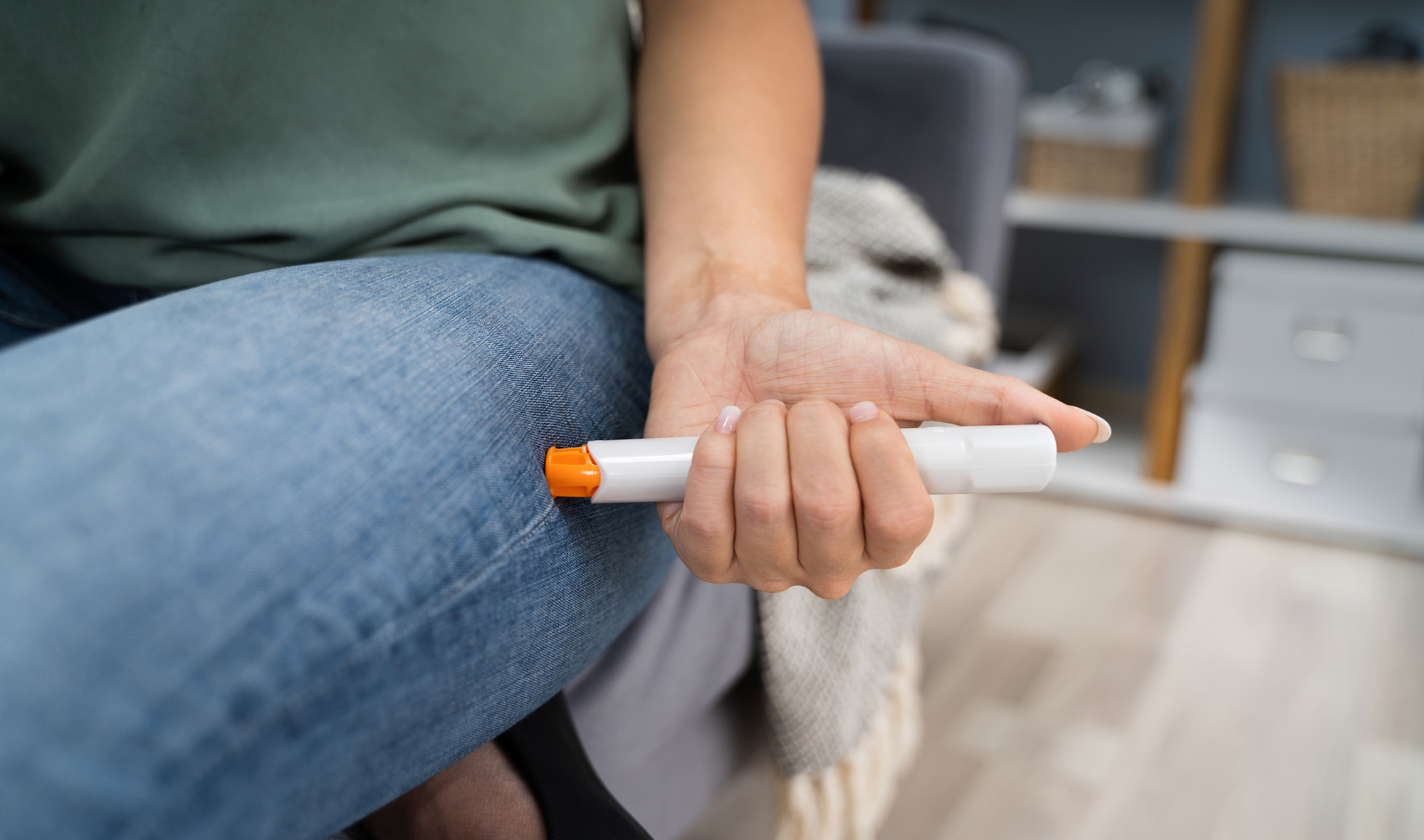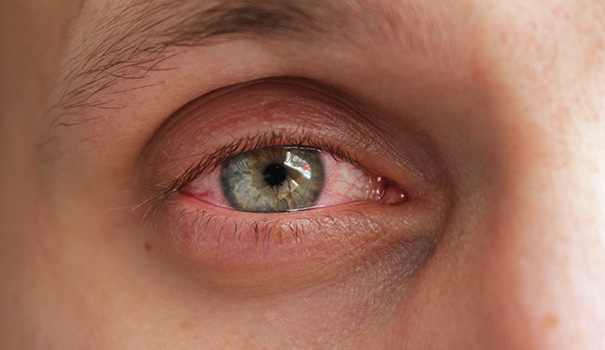Anaphylaxis is the most severe form of an allergy, and can be life-threatening. It occurs when the immune system overreacts to a harmless substance. The body is flooded with chemicals such as histamine, setting off a chain reaction that causes the body to go into shock. Blood pressure drops suddenly, airways narrow, pulse becomes fast, a rash may appear, and the person may feel weak and nauseous, or sometimes vomit. People can be allergic to a range of allergens, with food (e.g. shellfish, peanuts), medicines, latex and insects being the most common triggers of anaphylaxis.
Symptoms of anaphylaxis
Anaphylaxis usually occurs immediately after a person has contact with an allergen and can occur up to two hours after exposure. Many body systems can be affected:
- mouth – swollen tongue
- throat – can feel tight, swollen or close completely, hoarse voice, difficulty talking
- heart – weak pulse, low blood pressure, dizziness, collapse, seizure, pallor and floppiness in young children, unconsciousness
- stomach – nausea, vomiting, diarrhoea, stomach cramps
- lungs – persistent cough, wheeze, difficult or noisy breathing
- skin – flushing, itch, rash, hives, swelling.
Certain factors can influence the seriousness of an anaphylactic reaction, including heat, alcohol, exercise, and for food allergies – how much of the food has been eaten and how the food was prepared.
The role of adrenaline
Adrenaline is a hormone produced naturally by our body in response to stress. When injected, it can rapidly reverse the effects of anaphylaxis by decreasing throat swelling, opening the airways and maintaining heart function and blood pressure.
Anaphylaxis is a medical emergency that requires immediate treatment with adrenaline. Adrenaline needs to be given as soon as possible because serious symptoms are easier to reverse if anaphylaxis is treated early. Adrenaline will halt the progression of the reaction. It begins to work immediately after injection and has its full effects after 5 to 10 minutes. It will wear off after 20 to 30 minutes so it is vital that the person gets emergency care – call an ambulance or go to the hospital for observation.
Who is at risk of anaphylaxis?
There is no way of knowing if a person who previously had mild or moderate symptoms to a trigger may experience severe or life-threatening symptoms at a later stage. Certain people may be more at risk:
- those with other allergies
- people with asthma
- a family history of anaphylaxis
- someone who has experienced anaphylaxis before.

Adrenaline Auto-Injectors
In New Zealand we have Epi-Pen® auto-injectors that are available on prescription or for private purchase. There are two strengths:
- Adult: for adults and also children weighing over 30kg
- Junior: for children weighing 15 to 30kg.
These pens contain a pre-measured dose of adrenaline in a pre-filled syringe with a needle. They are designed for one-off use only.
A non-funded Epi-Pen® can be bought directly from a pharmacy after a consultation with a pharmacist. Prices range from approximately $140 to $180 per pen. Adrenaline has a short expiry date, usually around one year only. This date needs to be checked and the pen replaced if expired. See if your pharmacist can supply you a pen with the best possible expiry date.
Since February 2023 Epi-Pen® auto-injectors have been fully funded for people with severe allergies who meet certain criteria. If you’ve had an anaphylactic reaction that resulted in a visit to ED or hospital or you have been assessed by a relevant health practitioner and found to be at significant risk of anaphylaxis, you may be entitled to two free Epi-Pen® auto-injectors per prescription*. Further Epi-Pen® auto-injectors are also available on prescription if needed to replace pens about to expire (up to two devices), or to replace a device that was used for treating anaphylaxis.
Be prepared
It is very important to be able to recognise the signs and symptoms of anaphylaxis and what to do if it occurs. Make sure you, your family, friends, school and workplace know in advance what symptoms to look out for, where an Epi-Pen® is kept and how to use it. Decrease the risk of anaphylaxis by:
- wearing shoes when walking on grass as most bee stings occur on the feet
- avoiding triggers if at all possible
- being prepared.


















Community